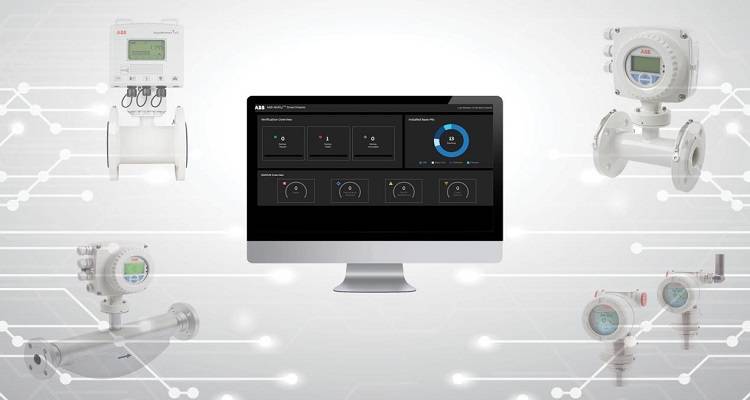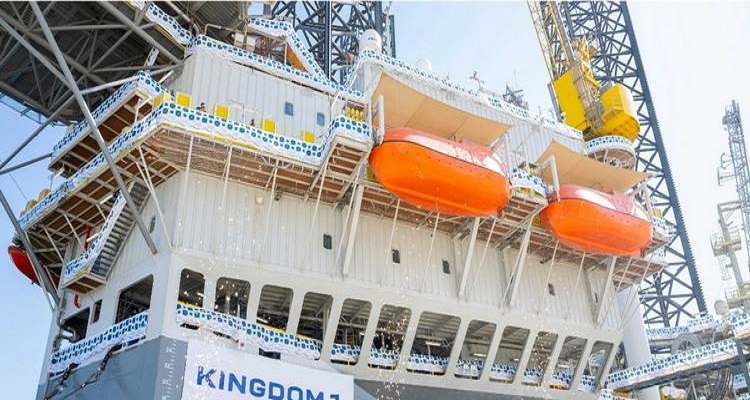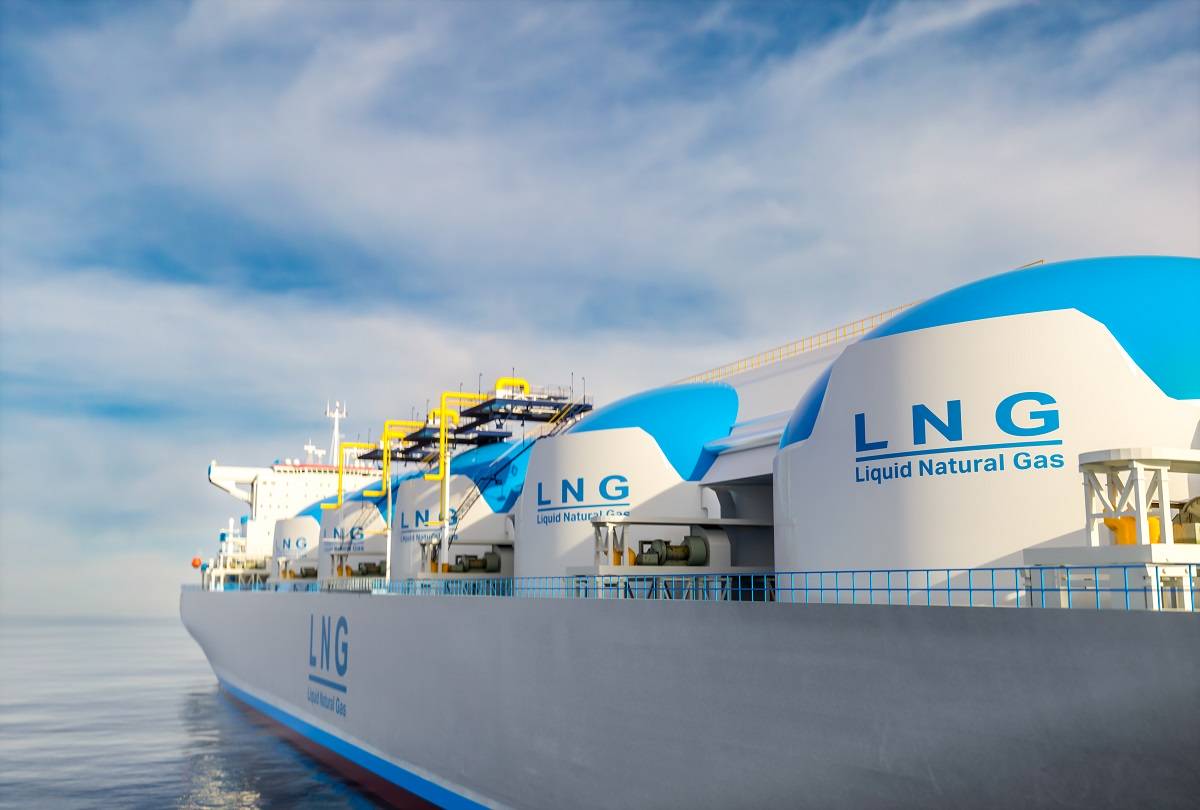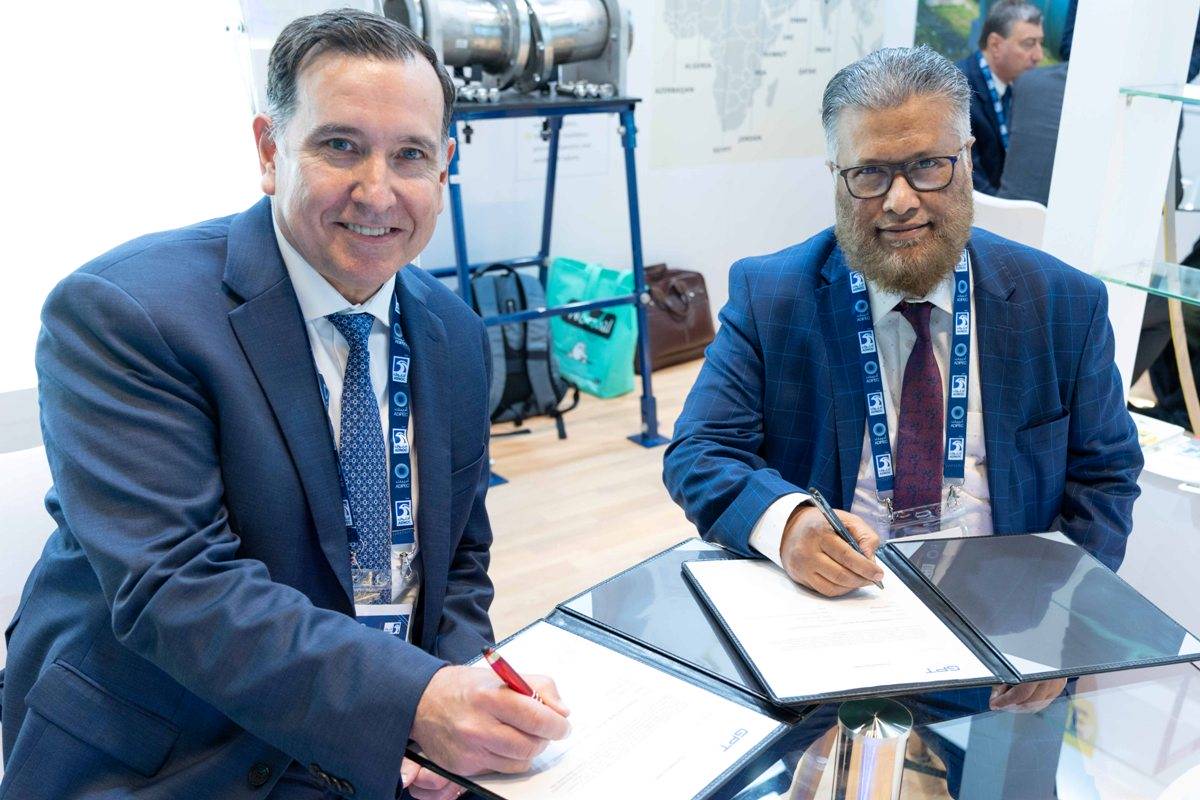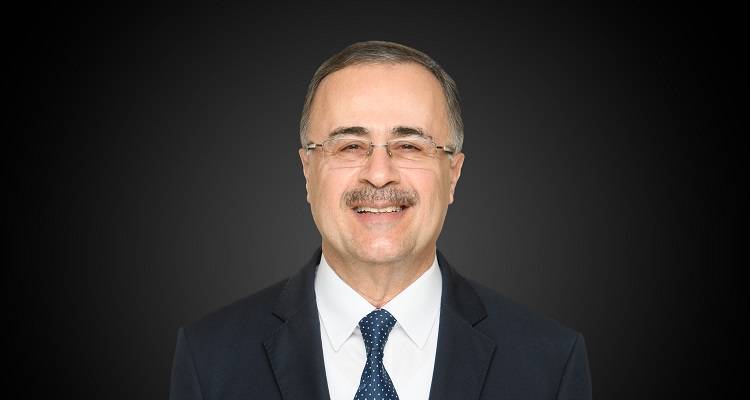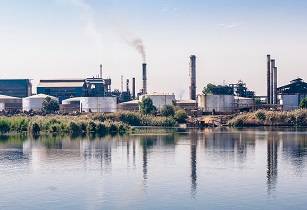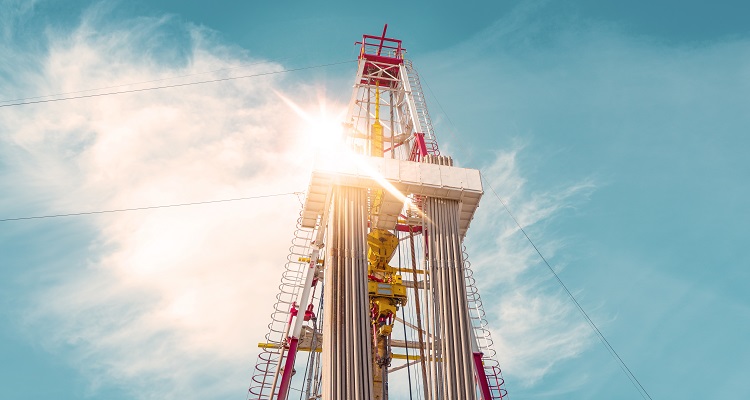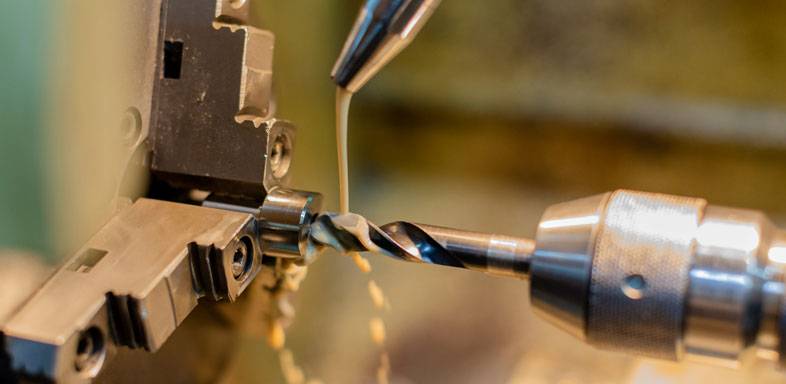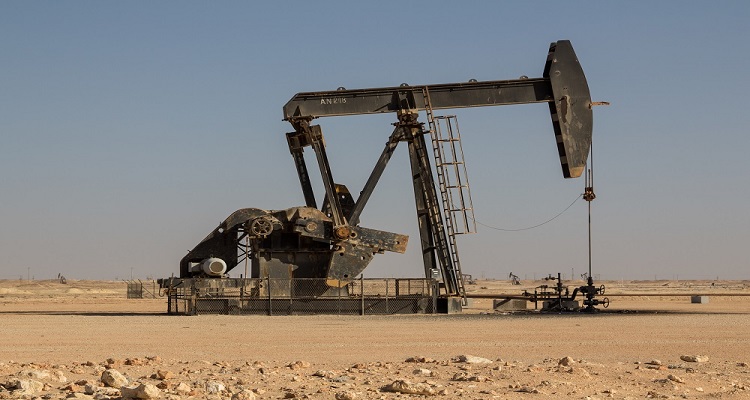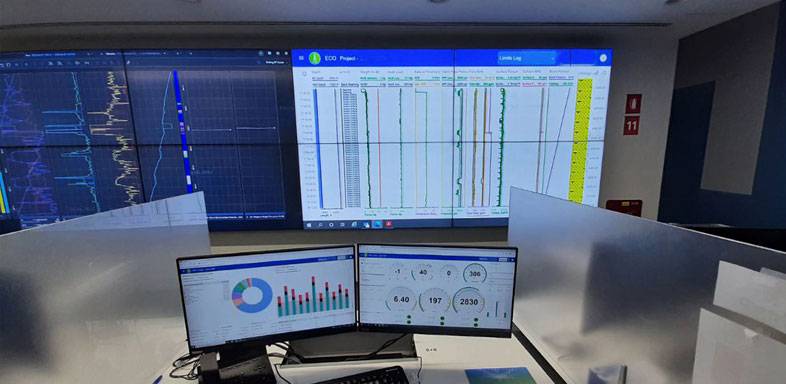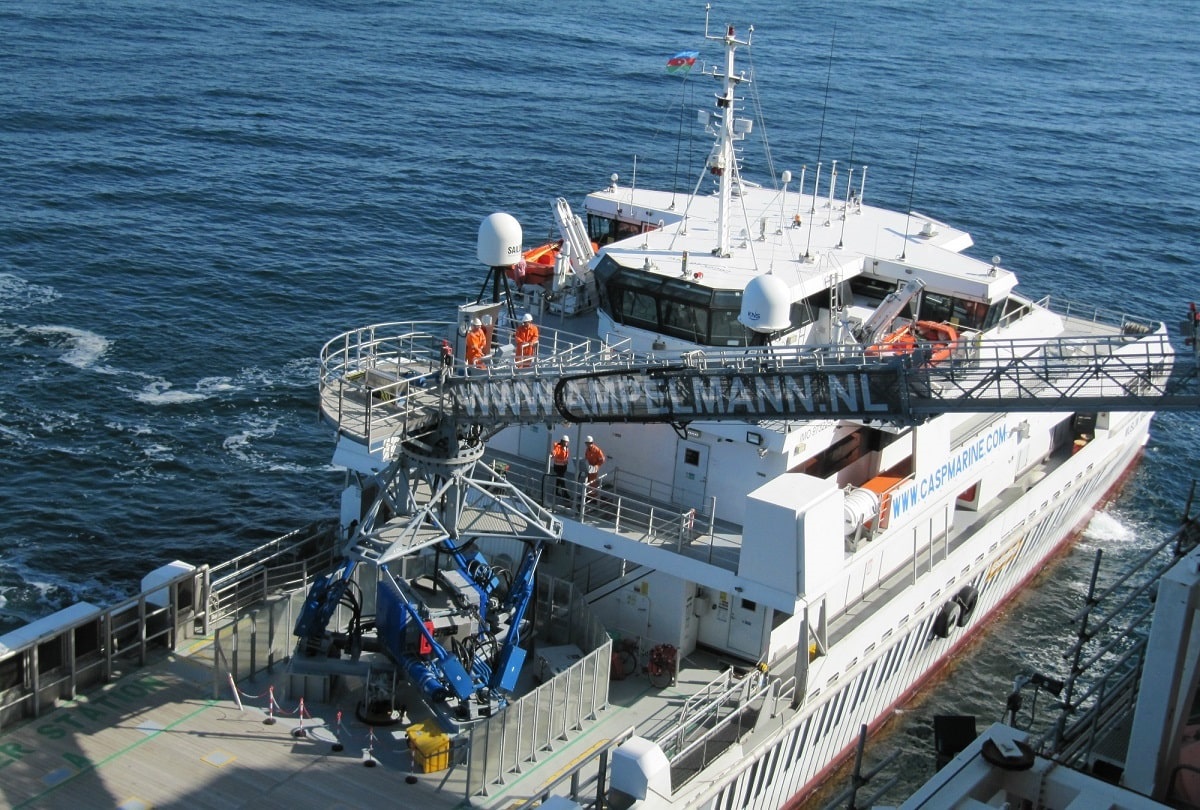During a virtual CERA conversation, Dr Sultan bin Ahmed Al Jaber, UAE Minister of Industry and Advanced Technology and Group CEO of the Abu Dhabi National Oil Company (ADNOC), discussed the dynamics of the energy industry with the leading energy economist and Pulitzer-Prize winning author Dr Daniel Yergin, vice chairman of IHS Markit
Speaking during the series which has featured Ben van Beurden, CEO of Royal Dutch Shell, Amin Nasser, president and CEO of Saudi Aramco, and Michael Wirth, chairman and CEO of Chevron, Al Jaber explained how ADNOC remained resilient as it navigates this period of uncertainty and noted that the company realises the advantages of its transformation under the leadership of the UAE four years ago.
“These unprecedented times have highlighted just how forward-thinking our leadership’s guidance was in driving a comprehensive transformation at ADNOC. We have concentrated on improving our performance, strengthening our agility, while continually reinforcing efficiency throughout our business.
“Most importantly, we have focused on what we can control, our costs, and regardless of the situation, this focus on costs won’t change. As a result, we’ve managed to remain resilient through this downturn, while also still delivering against our strategic priorities,” Al Jaber said.
Health policies and safety protocols amid the pandemic:
He highlighted how ADNOC has leveraged its strong Health, Safety and Environment (HSE) culture to mitigate the risks presented by COVID-19 and ensure continuity of business. He stressed that ADNOC’s number one focus was on the health and safety of its employees and explained how this approach closely aligns with the wise measures that UAE leadership has put in place to protect everyone living in the country.
“One of the reasons we have come through this period in relatively good shape is our well-established focus on what at ADNOC we call ‘100 per cent HSE’. This safety-first approach is very much in line with the UAE’s overall response to COVID-19, which has prioritised the health and safety of everyone living here. Basically, we have deployed a ‘test early and test often’ approach to managing the pandemic,” he added.
The ADNOC CEO explained how, despite COVID-19’s impact on global economies, the trusted business environment of the UAE continues to attract world-class investment opportunities following the June energy infrastructure deal announced by ADNOC for US$20.7bn (AED76 billion).
ADNOC leverages this stable environment to create attractive investment opportunities and is open to new economically meaningful partnerships.
A recent example of this is the new shipping joint venture of ADNOC (JV) with China’s Wanhua Chemical Group, which will carry LPG to growth markets.
“Our investment strategy remains the same. It is focused on unlocking value, making smarter use of our capital, and more proactively managing our assets. And we see some of the most significant opportunities right here at home, where we are making smart investments to expand our operations, especially in the downstream, to drive the UAE’s industrial growth and increase in-country value. A prime example of this is our recently announced JV with one of the largest Abu Dhabi holding companies, ADQ.
“The opportunity here is huge – to capitalise on our existing world-class infrastructure, high-quality, competitive feedstock, and excellent geographic location to drive sustainable growth. And of course, we will continue to develop a robust pipeline of investment and partnership opportunities. I would like to extend an open invitation to existing and new partners to explore the potential for attractive growth opportunities across ADNOC’s value chain,” he further added.
Ministry of Industry and advanced technology:
In response to a question about the role of the new Ministry of Industry and Advanced Technology that he leads, Al Jaber took the opportunity to share insights on the vision of the ministry for the UAE leadership. He explained that the ministry was set up to help support the national agenda by empowering and facilitating industrial development to drive economic growth, diversification and value retention.
“It will focus on industries of strategic importance to our national economy and will promote in-country value with a focus on industrial development. At the core of our mandate is 4IR (the fourth industrial revolution) and specifically the synergies between industry and technology, including machine learning, the internet of things, automation and digitisation. Similar to ADNOC, the Ministry will extend an open invitation to all those who would like to partner with the UAE,” Al Jaber said.
He highlighted that the strategy of ADNOC, as approved by the Supreme Petroleum Council of Abu Dhabi (SPC) allows the company to support the mandate of the new ministry to strengthen the industrial base of the UAE, leverage technology in the 4th Industrial Age, and promote value in the country.
“We have been enabling the industrial development of the UAE by going further downstream and prioritising in-country value creation across all our contracts and projects while adopting advanced technology and digitising our value chain,” he added.
Breakthrough technologies that ADNOC and the UAE are prioritising:
During the session, Al Jaber also commented on the importance of technology in allowing for sustainable economic progress in the post-COVID era. He said the experience with COVID has accelerated the transition from the UAE to a digital economy.
“The UAE not only understands the critical impact of this transition but is directing investment in that space. For example, we have created the world’s first AI, artificial intelligence, institute right here in Abu Dhabi – the Mohamed bin Zayed University for artificial intelligence which will enroll its first intake of students this January,” Al Jaber said.
AI-inspired technology has significant potential to help push the frontiers of progress across multiple sectors, especially in the oil and gas industry, Al Jaber added. “At ADNOC, we are embedding the latest technologies across our value chain to enhance our efficiency and maximise our performance.”
Al Jaber shared his perspective on oil markets and noted that the market has tightened in the past two months as economies continue to reopen in Asia, Europe and the US, while the leadership of OPEC has also helped build market confidence. He said the industry would need to remain cautious and agile as it adjusts to the multiple macroeconomic structural changes that are taking place.
Energy transition:
The broad session touched on a number of topics, including the energy transition. Al Jaber pointed out that the UAE has long been a supporter of a diversified energy mix, and the country believes investment in all forms of energy makes economic sense.
“We were the region’s first mover in promoting and investing in advanced energy. We are already home to two of the world’s largest solar projects – Noor Abu Dhabi and the Mohamed bin Rashid Al Maktoum Solar Park in Dubai. And we just announced plans to create the world’s largest solar project in Abu Dhabi. This 2 gigawatts facility will be almost double the capacity of our two previously largest projects,” he noted.
As the UAE diversifies into clean energy, it is also investing in responsible oil and gas production which will still provide more than half of the world’s energy, even in the fastest-running scenarios, Al Jaber said.
“This presents us with the major challenge of how to produce more energy with fewer emissions. This challenge plays to one of ADNOC’s strategic advantages, because we are not only one of the lowest-cost producers, but also among the lowest carbon producers in the oil and gas industry. This combination of low cost and low carbon gives us a distinct competitive edge,” Al Jaber concluded.







